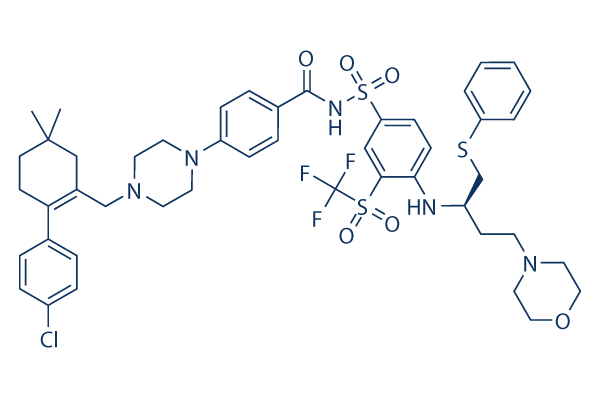Studies on the Rho GTPase household member Rac in SW620 cells, genetically modified to either over express or lack Rac1 expression, recommended that Rac1 also plays a significant part in colorectal adenocarcinoma progression. Rac proteins are overexpressed in vari ous tumors and Rac dependent cell signaling has been shown to be significant for malignant transformation. Our data show that AZA197 does not inhibit Rac activity in SW620 colon cancers. Hence, inhibition of Cdc42 activity alone without the need of affecting Rac activity could lead to a potent suppression of colon cancer development and increased survival prices. However, since the Rho GTPases, like Cdc42, are involved within the regulation of a lot of typical cellular functions within a assortment of cell types, it can be probable that toxicity will limit inhibition of RhoGTPase activity in patients, while inhibition of Cdc42 by AZA197 was well tolerated within the tested context.
Like Cdc42 and Rac, higher protein expression levels of your Rho GTPase RhoA seems to be a frequent occasion in distinct types of human tumors, including colon cancer and improved RhoA activity correlates with poor prognosis OSI-930 clinical trial and recurrence in hepatocellular carcinoma. Despite the fact that RhoA might be involved in colon cancer progression, our data reveal that RhoA is not suppressed by AZA197 remedy and hence is just not a target for AZA197. In contrast to RhoA, RhoB is generally down regulated in human tumors and expression inversely cor relates with tumor aggressiveness. This can be explained by its possible part as a tumor suppressor and RhoB levels are attenuated commonly in the course of malignant progression.
In line with this, we didn’t detect active RhoB in handle or AZA197 treated colon cancer cells, consist ent with all the basic aggressive behavior of those cells. Cdc42 plays an important function in cytoskeleton organization and reducing Cdc42 selleck activity with AZA197 resulted in a loss of filopodia formation and drastically decreased colon cancer cell cell migration and invasion capacity. Information from sufferers displaying that Cdc42 is more than expressed with high incidence in colorectal adenocarcin oma biopsies along with the findings within this study, assistance the notion that Cdc42 inhibition could possibly be used as a therapeutic strategy to fight colorectal cancer. This really is supported by a report suggesting that active Cdc42 can boost colorectal cancer cell migration and invasion.
Moreover, expression of constitutively active Cdc42 drastically elevated filopodia formation and cell spread in colorectal cancer cells, which can be in line with our findings. Additionally, the acquiring that inhib ition of Cdc42 final results in loss of elongated, mesenchymal morphology, which we also observed following AZA197 therapy, additional  strengthens the function of AZA197 as a Cdc42 inhibitor plus the tumor promoting role of Cdc42 in colon cancer.
strengthens the function of AZA197 as a Cdc42 inhibitor plus the tumor promoting role of Cdc42 in colon cancer.
Alk Gene
Flies lacking the receptor die due to failure of founder cell specification in embryonic visceral muscle.
